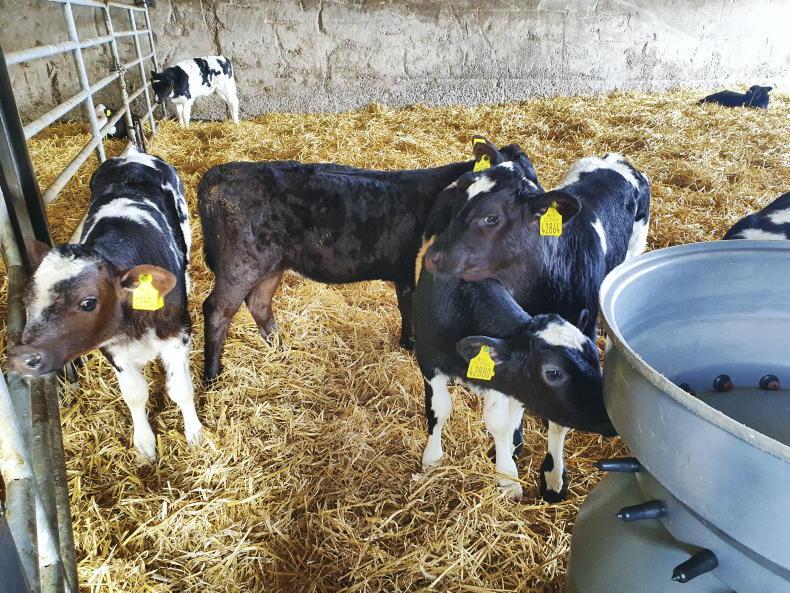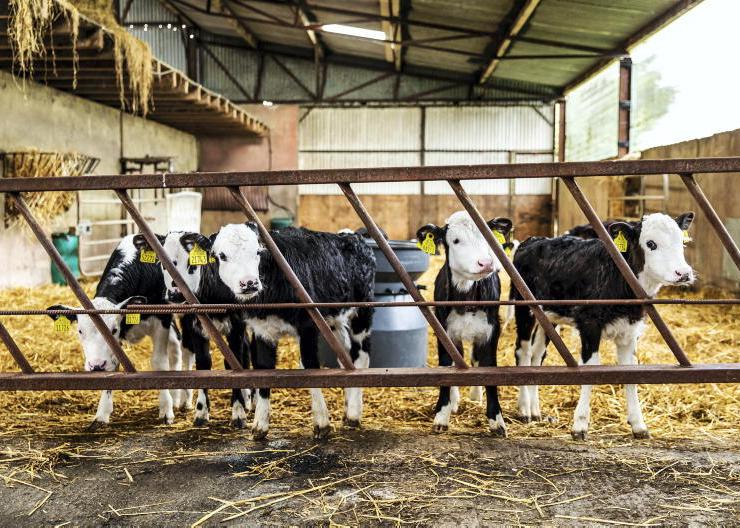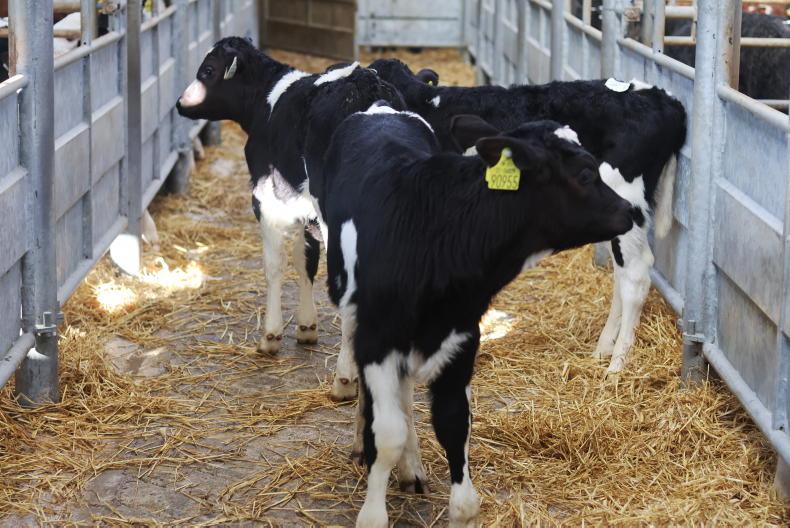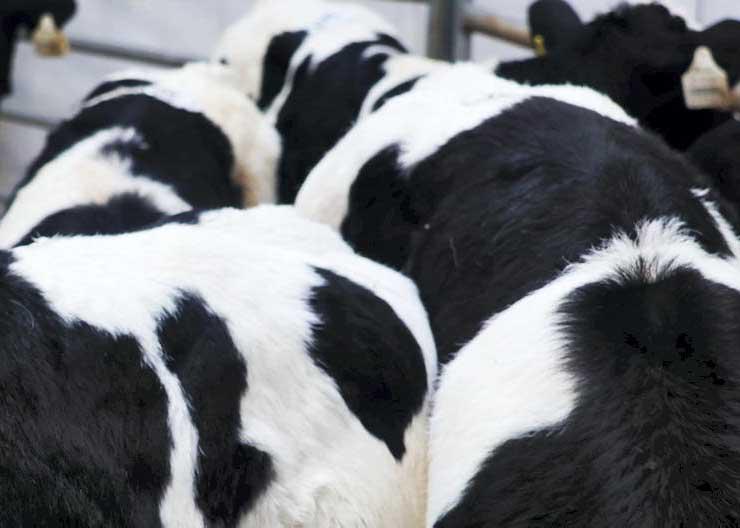In most cases, dairy-beef calves will not be arriving on farm until at least late-February.
However, preparation for arrival should, at least be being planned at this stage.
Washing
Power-washing calf-rearing sheds should take place as early as possible. This is to allow as much time for the shed to thoroughly dry out as possible. Many of the potential disease-causing bugs found in sheds thrive in wet or damp conditions. By removing as much moisture from the calf’s environment as possible, it reduces this risk.
After washing, leave the shed doors open to allow as much air into the shed to speed up the drying process. Washing sheds the day, or days, before calf arrival will mean that the concrete will not have sufficient time to completely dry out.
Spreading a thin layer of hydrated lime on the concrete before it is bedded is another good way of mopping up the last bit of moisture on the ground as well as increasing the pH of the environment which will also help inhibit disease causing bugs.
Bedding
Ideally straw should already be purchased and be on farm. Where this is not the case it is worth making the phone call to your supplier now rather than just before you need bedding. Straw supply seems to have tightened slightly in recent weeks with 4×4 round bales trading from €20-25 collected out of the shed.
Have the calf shed bedded shortly before calves are purchased so that it is ready for calves to rest and settle in to as soon as they arrive.
Water troughs
Having fresh clean water available to calves at all times is really important throughout the rearing phase.
Putting a water trough in every calf pen now will save a lot of time and labour during the busy rearing period. It also helps to ensure fresh water is available to calves at all times.
Calf feeders
Take a look at calf feeders and make sure they are clean and in good condition for the season ahead.
Teats can become weathered and perished over the year and may need replacing.
Again, having this done now will save time when the feeder is needed. Always have a few extra teats in stock should one need replacing during the rearing season.
Heater service
Many farms are using electric or gas water heaters for warming water for calf feeding.
Make sure your heater is working and in good order. It is well worth getting heaters services once a year ahead of the period when they will be needed most.
Gas supply
For farmers with gas heaters, make sure you have enough gas in reserve.
If you are not already on a commercial rate with your gas supplier it is well worth getting in contact with them as there is a decent cost saving to be had versus what you pay for gas cylinders for domestic use.
There is an annual rental fee for the cylinder (recommended to have two so that there is always one in reserve) and then you are charged per cylinder after that.










SHARING OPTIONS